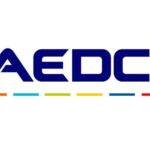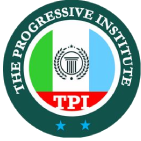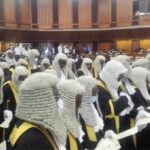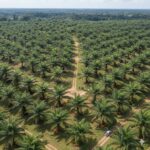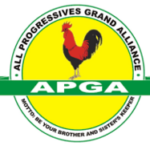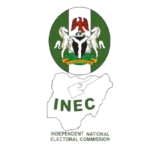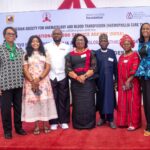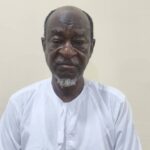By Angela Atabo
Stakeholders at a roundtable on inclusive elections on Wednesday in Abuja have asked the Independent National Electoral Commission (INEC), to ensure electoral accessibility for Persons with Disabilities (PwDs) to guarantee democratic inclusion in Nigeria.
They said this at the Roundtable on “Inclusive Elections with Special focus on Accessibility and Utilisation of Assistive Materials for Voters with Disabilities in the 2023 elections’’.
The roundtable was organised by Policy and Legal Advocacy Centre (PLAC) with support from MacArthur Foundation.
The Executive Director PLAC, Mr Clement Nwankwo, said that a lot of people were being excluded from participating in governance due to challenges ranging from economic and other reasons as well as participating in the electoral process.
“The exclusion from participation is a very strong exclusion, even though there is a strong reason for inclusive participation which is using our votes to provide guidance on those who are on the affairs of the country.
“The democracy that we run can only survive if those who we have elected respond to the needs of citizens who put them there, so the importance of us being able to exercise our ability to choose our leaders is so very important.
“INEC has done quite a lot to respond very proactively to issues affecting PwDs, it provided some assistive equipment during elections to promote an inclusive electoral process.
“Today’s meeting is essentially focused on how we can ensure inclusivity, develop additional assistive election materials and ensure that those materials are accessible to PwDs during elections to enhance inclusivity,” he said.
Nwankwo said that a lot still needed to be done to strengthen the inclusivity of all groups in politics, especially enhancing the participation of women in parliament which was embarrassingly low.
Executive Director, Inclusive Friends Association, Ms Grace Jerry, in her presentation, said that genuine and credible elections played an important role in inclusive democracy because they provided a crucial opportunity for all voters to participate in their democracy and make their voices heard.
According to Jerry, electoral accessibility refers to the degree to which individuals regardless of their abilities in disabilities or disabilities can access and participate in the electoral process.
“The goal is to remove barriers that might hinder people from exercising their right to vote or participate in other electoral activities.’’
Jerry said that ensuring the inclusion for PwDs in civic and voter education was not only a matter of equality and social justice as it also a means of empowering them to exercise their rights, contribute to public discourse and actively participate in the decision-making processes that affect their lives.
She said this would enable PwDs to engage in the electoral process and make informed choices through imbibing key components of electoral accessibility of physical, technological, information, procedural, communication, and legal policy frameworks.
Mr Abdullahi Usman, National President of the Joint National Association of Persons with Disabilities, commended PLAC for the project, adding that although the number of PwDs could decide who won an election in Nigeria, they were hardly recognized and carried along.
Usman said that the challenge had always been the deployment of assistive materials during elections and where deployed they were seldom used due to lack of knowledge among other challenges.
“I hope all these issues would be addressed in our electoral process,’’ he said.
Mrs Lakunuya Bello, Director, Gender, and Inclusivity INEC said that the commission was committed to ensuring that every eligible voter irrespective of gender, tribe or disability participated in the democratic process with dignity.
Bello said that this involved making the process accessible by ensuring access to polling units, training, assistive materials during elections and advocacy to stakeholders to make the process accessible.
“Inclusivity is a collective effort to build a democratic system where every eligible voter regardless of ability is employed to contribute to building the future of the country.
“I commend the organisers of the event, PLAC and their sponsor, Macarthur Foundation for their unwavering commitment to inclusivity in our electoral process.
”I am assuring that the commission is taking note of the complaints and flaws trailing the 2023 general election and such lapses will be addressed before future elections,’’ she said. (NAN)
Edited by Ali Inuwa

